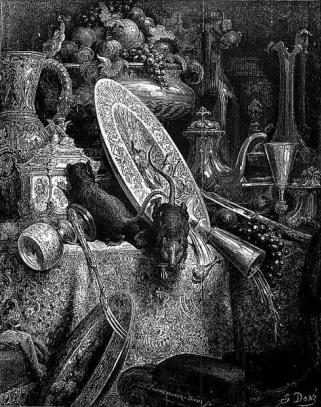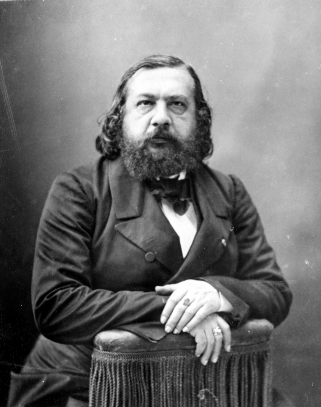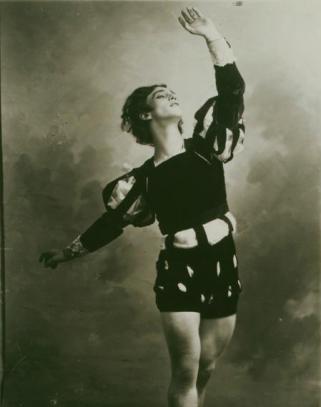What if we've got it wrong? What if the story of Giselle and Albrecht could have another, quite different, interpretation?
If we read Giselle in light of Gautier's essay 'Le Rat' we can understand it very differently. If you haven't already, you might want to read it here first.
[Passages below in italics are quotations from our translation of Le Rat.]
Giselle isn't really a peasant girl. In fact, she is one of Gautier's rats, an emerging star in the ballet school. The biggest clue to this is the degree to which the ballet is really about dance more than anything else; Giselle's love of dance in the first act and the Wilis' dance of death in the second.
She is a young dancer living alone with her mother and her father is a mystery.
The rat's mother is either a dowager or a doorkeeper; but this second case is less common: doorkeeper's daughters mainly devote themselves to tragedy, singing or other heroic occupations; they prefer to be princesses. As to the father, the situation is always extremely vague and can only be assessed on probabilities. He might be a marquis; he might be a fireman.
She is sixteen, a budding but innocent star.
The age of the rat varies from eight to fourteen or fifteen; a sixteen year-old rat is a very old rat, a horned rat, a white rat; this is as old as they ever get.
She has a noble admirer, Albrecht.
Albrecht is pretending to be a peasant so he can hang out with Giselle and the dancers, but no one, except perhaps Giselle, is really fooled. His soft hands and gentle manners are unmistakeable, never mind the sword.
Giselle's mother is protecting her and counting on a happy outcome. The hopes of the family rest on Giselle.
On this poor skinny creature, with spindly arms and eyes darkened by exhaustion, rests the hopes of the family, and what hope, good Lord!
...
But now, mother and daughter have discovered that modesty is worth more than vice and the innocence of a sixteen year-old virgin is worth much more than the debauchery of a child of thirteen.
Albrecht is engaged to a noblewoman. What did anyone expect? He is going to have to marry her, noblesse oblige, but he does really want Giselle. And if Giselle will play along he will endow Giselle and her mother with enough money to live independently forever.
The more famous the modesty of the child, the higher goes the bidding. Some have sold for as much as sixty thousand francs....
And he and Giselle can live happily together in an informal relationship.
Rats with deposit accounts! Now we’ve seen everything. The wild and crazy life has been superseded by good housekeeping and beef stew. Enfantin would search in vain for a single woman at the Opera. Everyone there is part of a couple, like the animals in Noah's Ark, they live in married bliss. These morganitic unions [relating to or denoting a marriage in which neither the spouse of lower rank, nor any children, have any claim to the possessions or title of the spouse of higher rank.] are all the rage and we should say that, with only a few exceptions, their fidelity is as closely observed as anywhere else.
Sadly, Giselle doesn't understand any of this. She's too innocent.
When she discovers Albrecht's engagement to Bathilde she has no idea that she is supposed to play along. If only she had understood what was really going on, the outcome could have been so different and much happier for her and her mother and Albrecht.
The Wilis now appear, in Act Two, as vengeful rats who have been betrayed by their noble lovers. But Giselle, understanding, after her death, Albrecht's original intentions, saves him as a way to make up for her naivety which had denied them both happiness.
Silly Girl!





